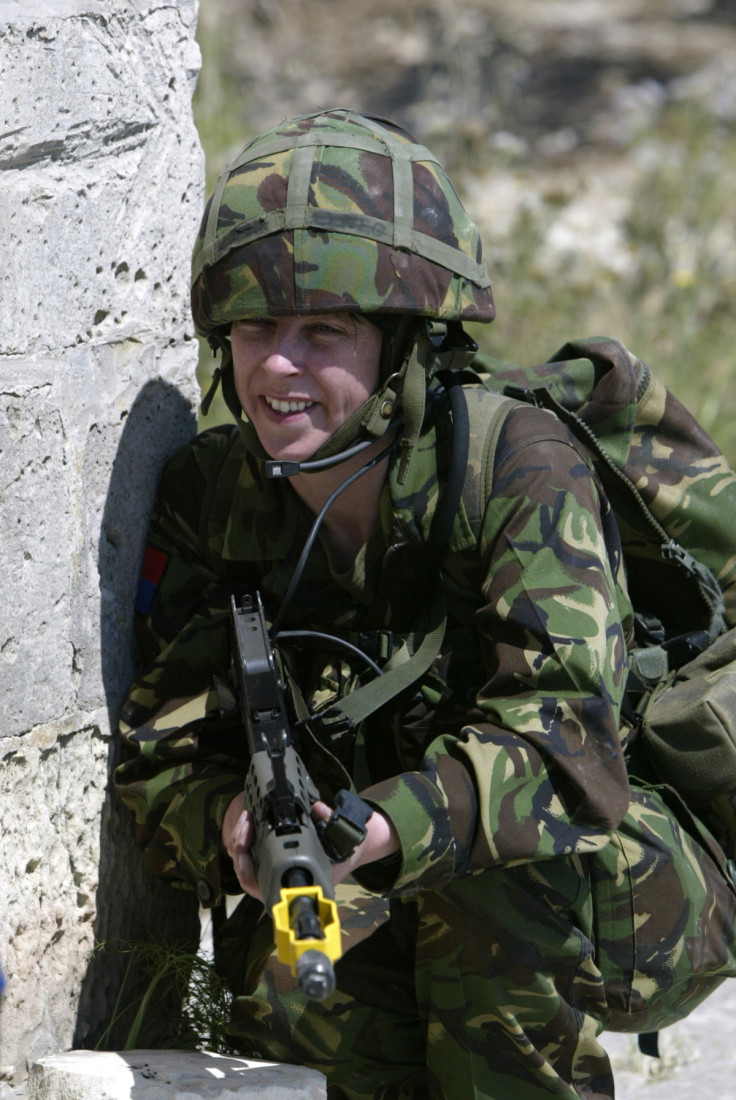Women Soldiers Could Fight on Front Line, Says UK Army Chief

The British Army is considering lifting its ban on women fighting on the front line, the Chief of General Staff has said.
General Sir Peter Wall told the Sunday Times that he wanted to show that the army was "open" to women and an equal opportunities employer.
Women are currently permitted to serve in the front line in the artillery and as medics, engineers, intelligence officers and fighter pilots, but not in army combat roles.
Sir Peter told the newspaper: "We've got to take a view on that fairly soon.
"We're in a minority of armies now in that respect. It's definitely something that we need to be considering seriously but we need to go about this with great care, especially with all the other changes going on."
Under European law, the Ministry of Defence has to review its ban at least every eight years, and another review is scheduled before 2018.
The results of the last statutory review in 2010 were mixed. Concerns were raised that allowing women to serve with men at close quarters on the front line could "undermine team cohesion", but it was concluded that women would be able to meet the psychological and physical demands of the role.
"We have always said that we will look at the evidence and base our decision on what impact it will have on operational capability," Sir Peter said.
"This isn't just about getting more females into the 30% of roles that are combat trades but getting more of them into the Army per se.
"Women need to see they have equal opportunities right throughout the organisation.
"Allowing them to be combat troops would make us look more normal to society but there will always be people who say that close battle is no place for female soldiers."
Last year, the US lifted its ban on women serving on the front line in its army, following countries including Germany, Canada, France, Israel and Australia.
The UK is in a minority on the issue, with Turkey and Slovenia the only other countries among the 28 Nato member states to retain the ban.
Former Shadow Defence Secretary Jim Miller last year backed calls for women to be allowed to serve on the front line.
"From what I can sense, the very best women in our armed forces are as remarkable as the very best men and they should be given that chance if they meet the criteria," the Labour MP told the BBC.
© Copyright IBTimes 2024. All rights reserved.






